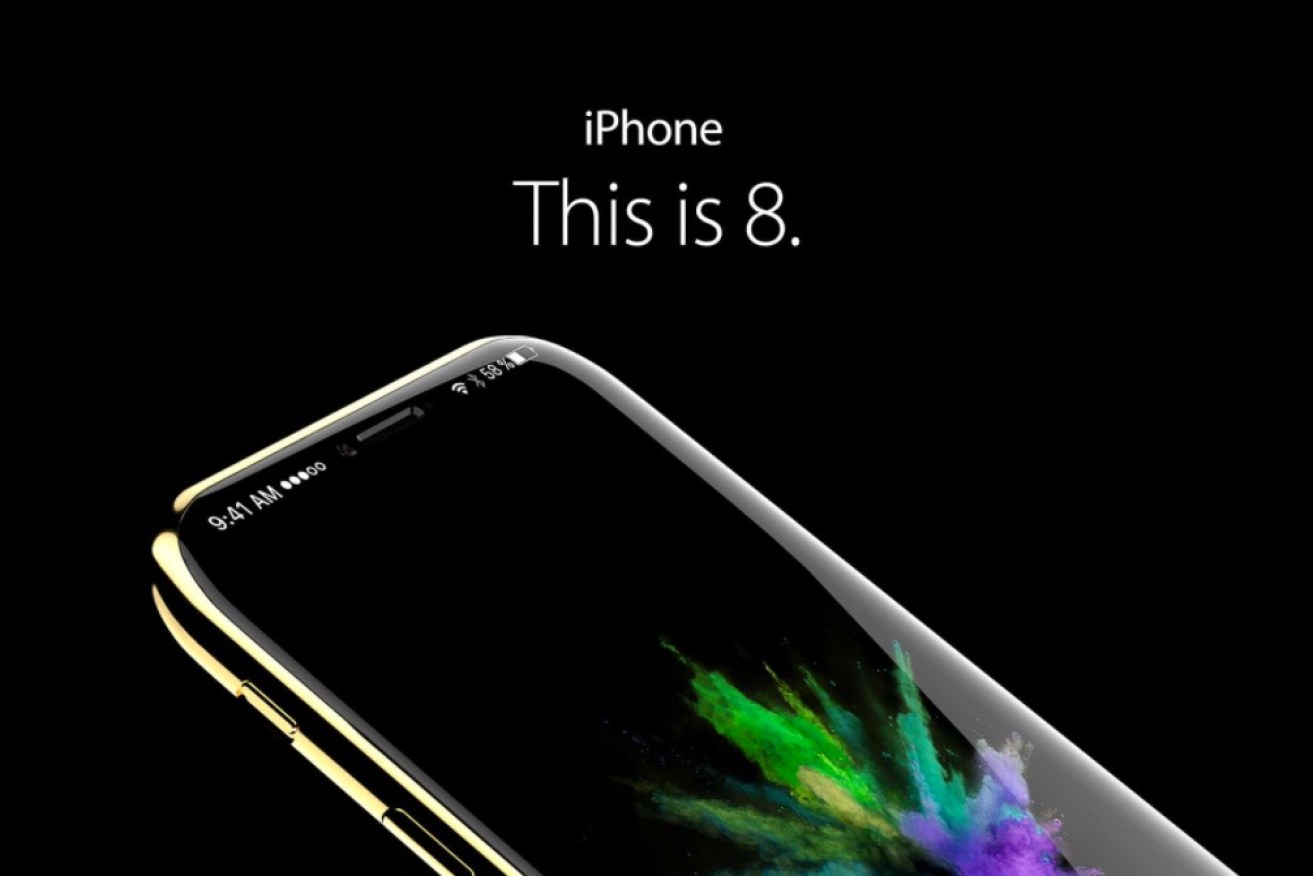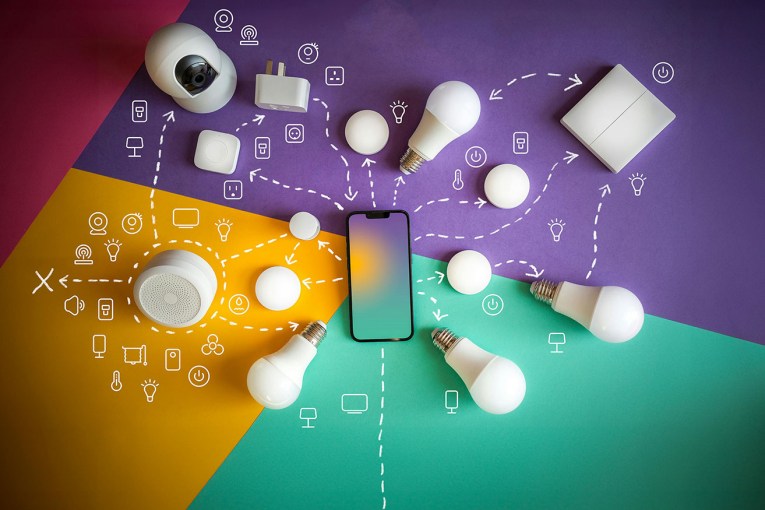The next iPhone will be the most expensive yet: analyst


Applle will launch the i{hone 8 on September 12 in the US. Photo: Twitter
Apple users hanging out to upgrade to the highly anticipated iPhone 8 can expect to pay a hefty price, as demand for the new groundbreaking device hits boiling point.
New analysis from JP Morgan suggests the 10th anniversary of the iPhone could capture a record number of people waiting to upgrade – in what is called a “super cycle”.
“When you look at the iPhone cycle, we don’t think people have factored in just how strong of an iPhone cycle this is going to be,” Morgan analyst Rod Hall told CNBC.
“We believe there’s a lot of potential for momentum on that new iPhone,” Mr Hall said. “Now it depends on Apple delivering a good product, but we see a lot of evidence that there is a good product in the pipeline.”
The data, distributed to Morgan clients on Monday, found the redesigned iPhone could tap into a record number of users who are looking to replace their old devices, after two weak replacement cycles that was the iPhone 6 and 7.
Mr Hall said the iPhone would bring major changes featuring a number of technology advancements, resulting in an even higher price tag.
The “iPhone Pro” is likely to have 3D facial recognition, a glass front and back, a structured-light-augmented main camera, a larger screen, wireless charging, and a price tag of over $US1000 ($A1300), he wrote.

JB Morgan’s illustration of what the new iPhone could look like. Photo: JP Morgan
Mr Hall claimed the new iPhone would cost $US65 more to make than the iPhone 7, and that it would make up 41 per cent of total iPhone shipments in the fourth quarter.
However, he said the price wouldn’t be high enough to prevent consumers from upgrading, as optimism surrounding the new device continues to grow.
The price tag represents a substantial investment for consumers, he said.
Going into this replacement cycle, the average iPhone will be older than at anytime in the past four years, since 2014.
The average age of the smartphone for first-time Apple users will be 1.61 years, up from 1.58 years before the iPhone 6 cycle.

The average iPhone in use is 6.4 quarters old, according to JP Morgan. Photo: JP Morgan
And while Apple makes most of its money from the iPhone, its services — including Apple Music, AppleCare and Apple Pay — was the fastest-growing revenue segment last quarter, growing 18 percent year-over-year, compared to 5 percent iPhone growth.
Although Mr Hall was “not super optimistic” about Apple’s software capabilities.
“I think that’s a pretty challenging part of their business,” Mr Hall said.
“We think there’s a lot of potential for Apple, but so far they haven’t shown themselves able to capitalise on that.
“That doesn’t mean they won’t in the future — they have got a lot of talented people there — but still a lot of challenges around that business, we think.”








